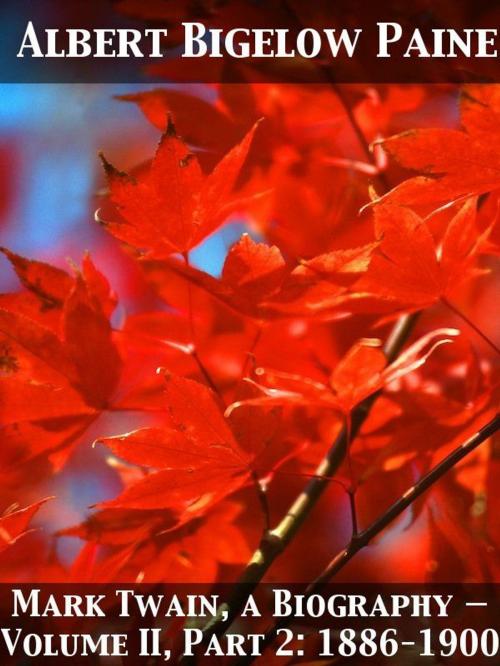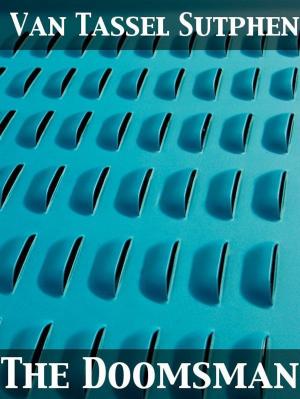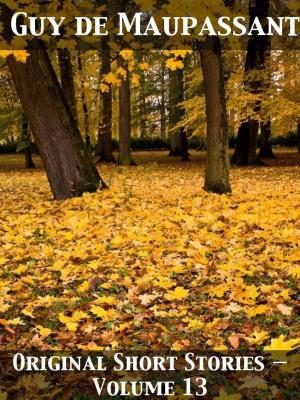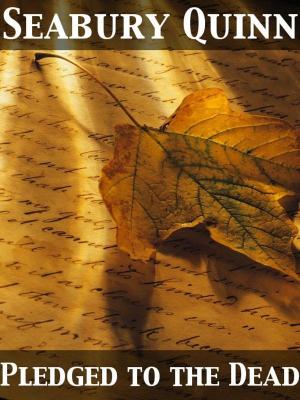| Author: | Albert Bigelow Paine | ISBN: | 9782819944782 |
| Publisher: | Release Date: November 27, 2011 | Publication: | November 27, 2011 |
| Imprint: | pubOne.info | Language: | English |
| Author: | Albert Bigelow Paine |
| ISBN: | 9782819944782 |
| Publisher: | Release Date: November 27, 2011 |
| Publication: | November 27, 2011 |
| Imprint: | pubOne.info |
| Language: | English |
The Browning readings must have begun about this time. Just what kindled Mark Twain's interest in the poetry of Robert Browning is not remembered, but very likely his earlier associations with the poet had something to do with it. Whatever the beginning, we find him, during the winter of 1886 and 1887, studiously, even violently, interested in Browning's verses, entertaining a sort of club or class who gathered to hear his rich, sympathetic, and luminous reading of the Payleyings— “With Bernard de Mandeville, ” “Daniel Bartoli, ” or “Christopher Smart. ” Members of the Saturday Morning Club were among his listeners and others-friends of the family. They were rather remarkable gatherings, and no one of that group but always vividly remembered the marvelously clear insight which Mark Twain's vocal personality gave to those somewhat obscure measures. They did not all of them realize that before reading a poem he studied it line by line, even word by word; dug out its last syllable of meaning, so far as lay within human possibility, and indicated with pencil every shade of emphasis which would help to reveal the poet's purpose
The Browning readings must have begun about this time. Just what kindled Mark Twain's interest in the poetry of Robert Browning is not remembered, but very likely his earlier associations with the poet had something to do with it. Whatever the beginning, we find him, during the winter of 1886 and 1887, studiously, even violently, interested in Browning's verses, entertaining a sort of club or class who gathered to hear his rich, sympathetic, and luminous reading of the Payleyings— “With Bernard de Mandeville, ” “Daniel Bartoli, ” or “Christopher Smart. ” Members of the Saturday Morning Club were among his listeners and others-friends of the family. They were rather remarkable gatherings, and no one of that group but always vividly remembered the marvelously clear insight which Mark Twain's vocal personality gave to those somewhat obscure measures. They did not all of them realize that before reading a poem he studied it line by line, even word by word; dug out its last syllable of meaning, so far as lay within human possibility, and indicated with pencil every shade of emphasis which would help to reveal the poet's purpose















